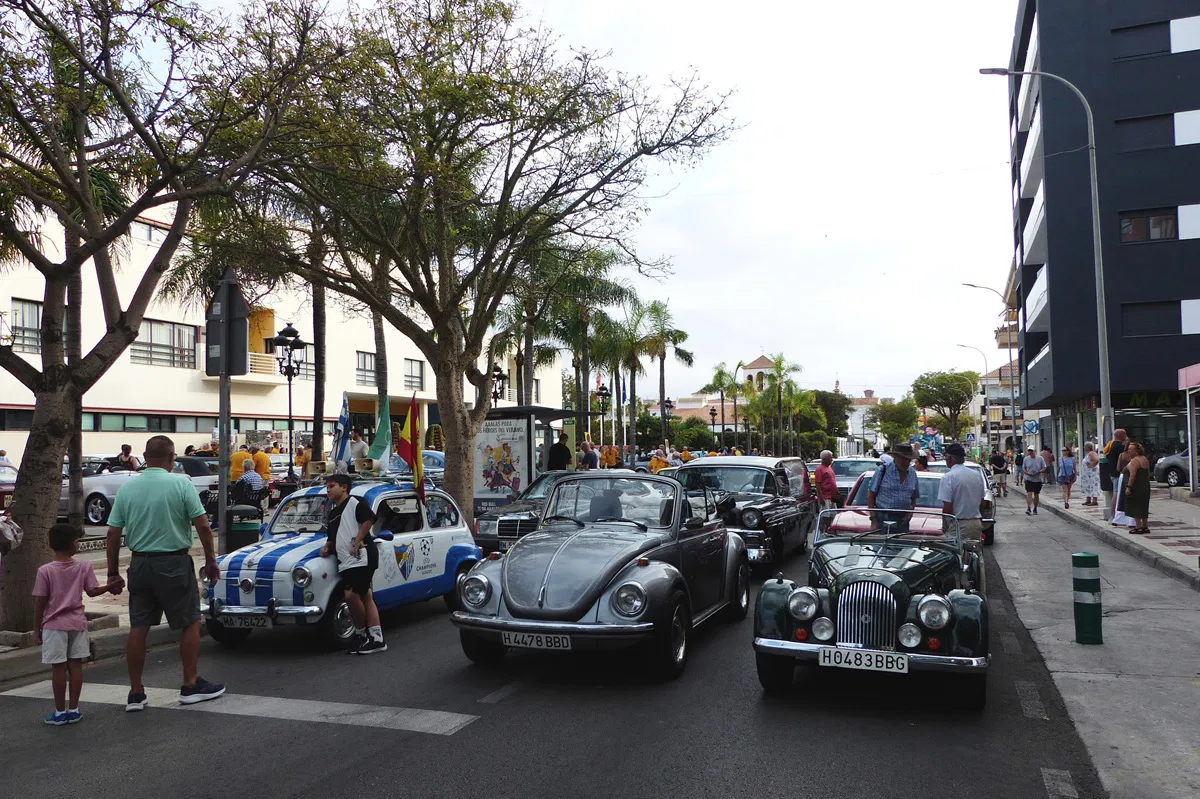Copyright euroweeklynews

In 2026, Spain’s rules for historic vehicles remain one of the most structured systems in Europe. The framework explains exactly how classic cars can be preserved, registered, and legally driven on Spanish roads. For expats, collectors, and anyone planning to bring a UK-registered car to Spain, understanding how the vehículo histórico classification works can save time, money, and frustration. What Qualifies as a Historic Vehicle A vehicle can be officially recognised as historic if it meets one or more of the following conditions: It is 30 years old or older from the date of first registration or manufacture. It remains in original condition, meaning it has not undergone major modifications to the engine, brakes, suspension, steering, or bodywork. It has special historical or cultural value, such as being listed as a cultural asset or associated with an event or figure of historical significance. This recognition protects vehicles of symbolic or technical importance and allows their continued use under regulated conditions. ITV (MOT) Requirements for Classic Cars Vehicles granted historic status follow extended ITV (vehicle inspection) intervals depending on age: Historic motorcycles require inspection every four years, while mopeds are exempt. During inspection, the vehicle is assessed according to the standards of its time, not modern emissions or safety requirements. Emissions and Environmental Rules Historic vehicles are exempt from low-emission and anti-pollution regulations in Spain. This exemption recognises their cultural value and limited use, allowing them to circulate even in cities where modern vehicles may face restrictions. Driving Restrictions and Conditions Historic vehicles can be used on public roads, but there are specific limitations designed to preserve their character and reduce environmental impact: Maximum of 96 days of use per year Not permitted for daily commuting, commercial transport, or agricultural work Must always have valid insurance and, where applicable, a current ITV certificate Must comply with any restrictions listed on the vehicle’s technical inspection card (ficha ITV) Additional Road Rules Vehicles not exceeding 40 km/h should use the hard shoulder where possible Vehicles unable to reach 60 km/h are not permitted on motorways or dual carriageways Cars without seatbelts are limited to a maximum speed of 80 km/h, and children under 135 cm may not travel in them Vehicles without adequate lighting cannot circulate at night or in poor visibility conditions Public rallies or events involving more than ten historic vehicles on open roads require prior authorisation. How to Register a Vehicle as Historic The registration process varies depending on whether the vehicle is already registered in Spain or being imported, for example from the United Kingdom. Vehicles already registered in Spain:Apply for a change of service to historic classification. The car retains its existing number plate but must display a yellow circular badge marked “H” on the windscreen. Vehicles imported or never registered in Spain:Apply for historic registration, which issues a new registration number beginning with the letter “H”. Both routes involve a technical report, verification of authenticity, and approval from the relevant regional authority (Comunidad Autónoma). Once approved, the owner receives a new registration certificate and ITV card showing the vehicle’s historic status and any driving limits. For full guidance and the latest official requirements, visit the DGT’s official page on historic vehicles. Why It Matters for Expats and Collectors For classic car enthusiasts and expats living in Spain either part-time or year-round, understanding these rules is essential. The historic classification provides a legitimate and clearly defined way to preserve older vehicles while staying compliant with Spanish driving and environmental regulations. It also ensures that vintage cars, whether Spanish-built or imported, remain an active part of the country’s motoring culture. Key Takeaways Vehicles over 30 years old may qualify for historic classification if in original condition Extended ITV intervals and emission exemptions apply Usage is limited to 96 days per year with specific speed and road restrictions Official recognition is granted through regional approval and certification Spain’s historic vehicle framework protects cultural heritage while keeping classic motoring alive and legal, making it an important reference for car enthusiasts and expats in 2026.



